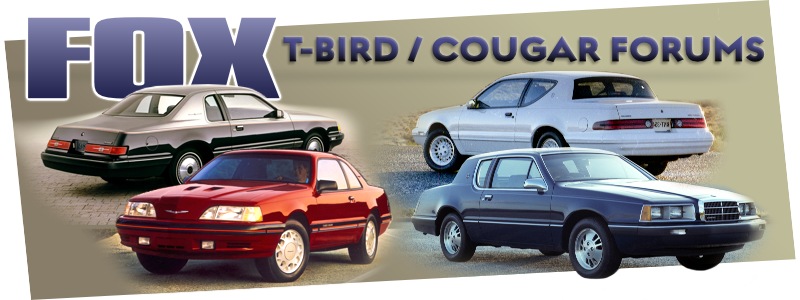It's Jiggly!

Reply #2 –
Bearings, balljoints, struts, strut mounts, rotors/drums, tires, wheels, shocks, rear control arm bushings, front control arm bushings, sway bar end links.
If any of those are bad, or worn, they'll contribute to the issue.
As far as an alignment, you wasted your time and money if your balljoints are bad. Hopefully they're not though.
If you've got issues with your lug nuts, I'd park the car until you can get that resolved.
 Topic: It's Jiggly! (Read 4108 times)
previous topic - next topic
Topic: It's Jiggly! (Read 4108 times)
previous topic - next topic
